


PHOTO: ANP / REMKO DE WAAL
MAIDELINE HOOI-MARTIJN
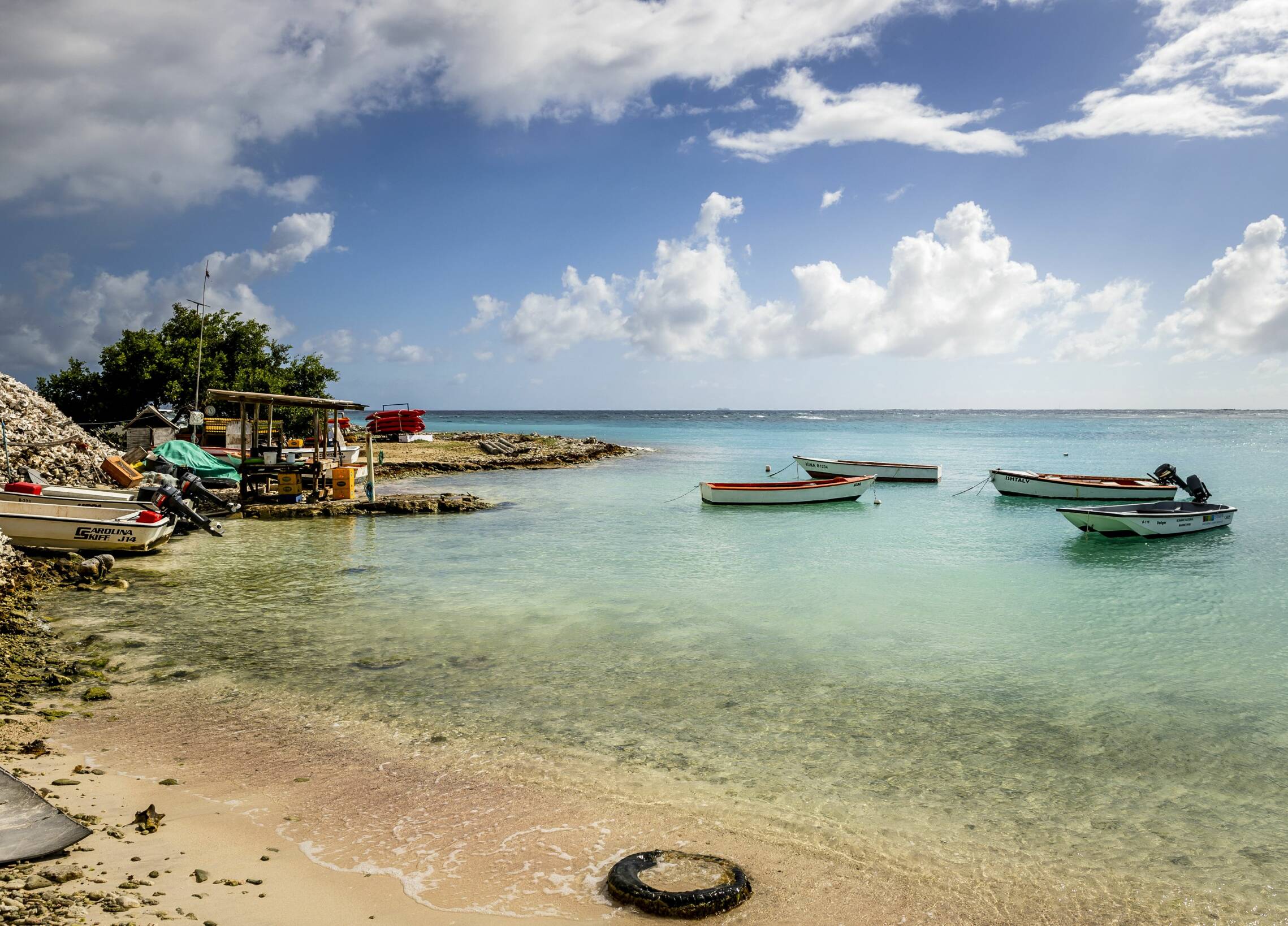
PHOTO: ANP / SIJMEN HENDRIKS
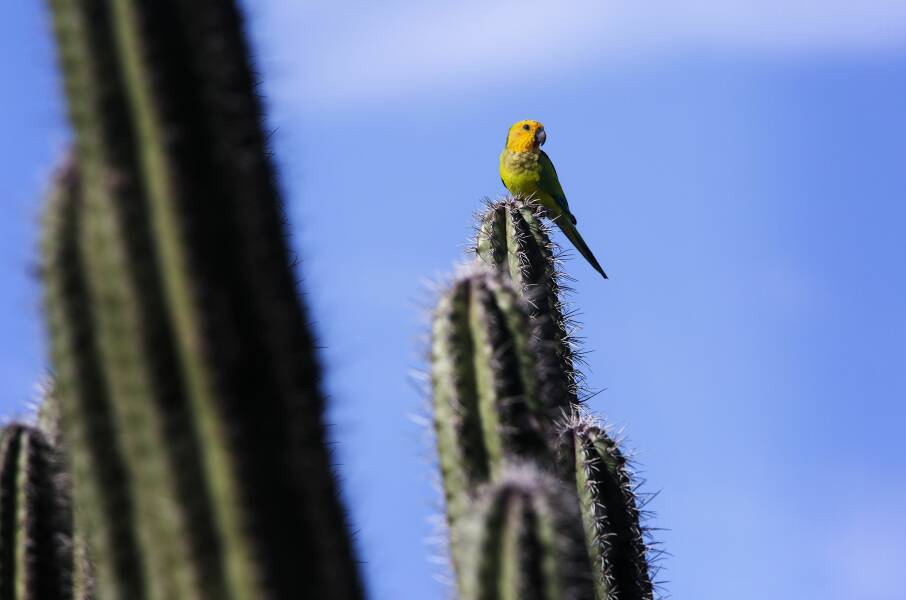
PHOTO: ANP / REMKO DE WAAL
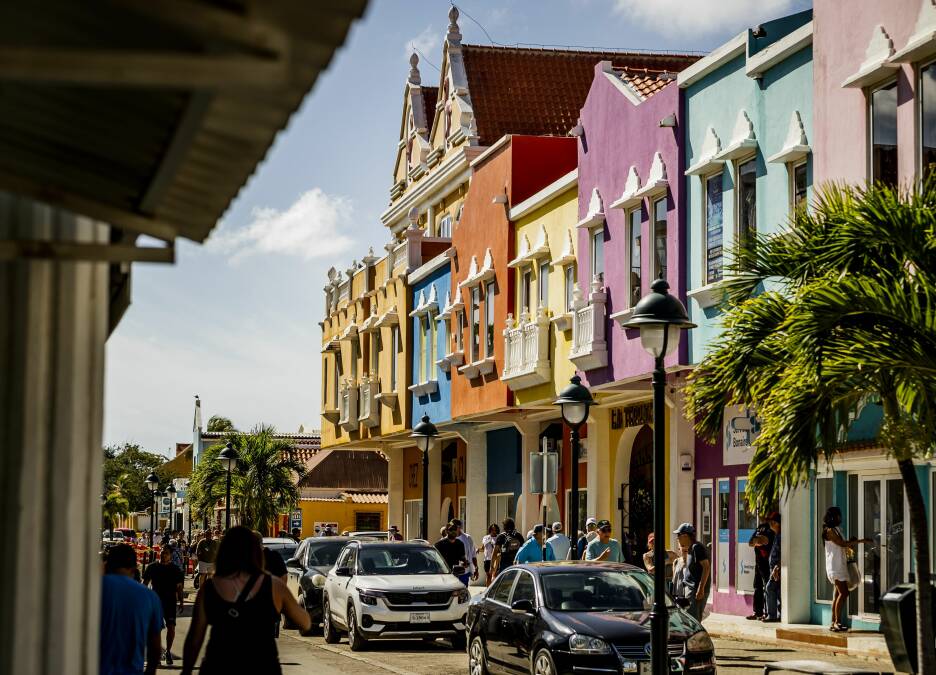
“
READING TIME: 2 MINUTES
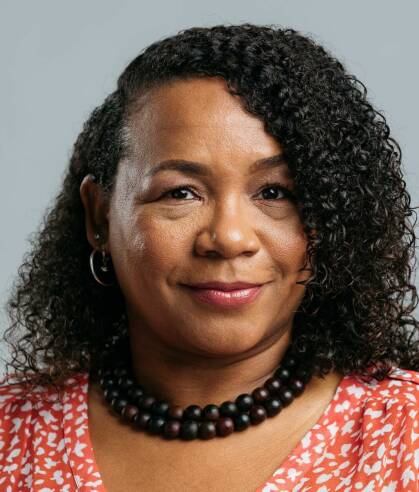
TEXT: SARA PLAT
BONAIRE
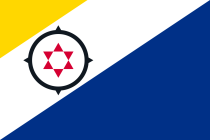
KRALENDIJK
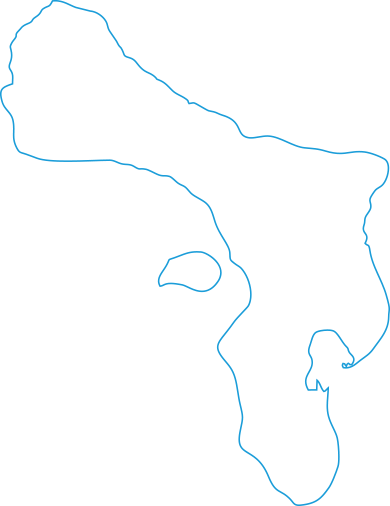
‘Asina mes ta bon’
Maideline Hooi-Martijn (Curaçao, 1975) studied general business at the University of the Dutch Antilles in Willemstad, but had to go overseas for her Master’s degree programme in Business. She chose Groningen. ‘A culture shock! I had never been to the Netherlands before. I arrived in the summer and settled in Beijum with two fellow Antillean students. We tumbled from one surprise to the other, saw things we only knew from books. Real apple and plum trees. In the Antilles, we have entirely different fruit trees!’
Miscommunication
But they also encountered less positive experiences. ‘In the Netherlands, words and sentences sometimes seemed to have another context, which sometimes led to miscommunication. At times, someone would frown, act unfriendly, and I would feel estranged and excluded. The main takeaway from that time for me is that adopting a different perspective, walking in someone else’s shoes, can also solve the problem. That was very instructive. But I must honestly admit: I also partied a lot. There was an Antillean café, Latin parties, De Drie Gezusters.’
Less rushed
Several years ago, Hooi-Martijn moved from Curaçao to Bonaire. ‘My parents are from Bonaire and moved back; I followed them. But I was very much confronted with myself in the beginning. Curaçao is much more fast-paced, has a lot more drive. People are less rushed here. Around here, you constantly hear: “Asina mes ta bon”, which roughly translates to “Ah, everything is alright”. If you drive into the main street on Bonaire, the person in front of you might just serenely get out of the car to have a chat. Honking is then not appreciated. Now I can see the advantage: they enjoy life much more here. So do I: I enjoy my work, interactions with people, proximity to everything, the fact that I can contribute something to the community. Here, you can swim, hike in the nature, and it is safe. I live together with my husband close to the habitat
of lora’s, Bonaire’s protected parrots. They wake up at 5.30 a.m. and start making lots of noise. And then again in the evening! I really enjoy that, I’ll never leave this place again.
Managers needed everywhere
Hooi-Martijn recently started a new job as Director-Manager at Sentro Akeso Boneiru, a large organization responsible for the social domain, healthcare, and wellbeing. ‘The good thing about having a degree in business administration is that you can work everywhere. Managers are needed everywhere. In healthcare, it is not about turning goals into money, but rather into benefits for people. This is another way of thinking, one that allows you to contribute more to others. That’s a great thing.’ She also trains entrepreneurs. ‘It’s great to see how people develop, how they walk in and walk out the door afterwards with a head full of plans.’
Our identity
Hooi-Martijn also volunteers for the cultural-historical centre Cultural Park Mangazina di Rei en Fundashon Akademia Papiamentu, a foundation that advances Papiamentu. In the Mangazina di Rei, the ‘king’s warehouse’, rations for slaves were stocked during the times of slavery. The white colonial building is located on a hill in a nature reserve and is a special place for Hooi-Martijn. ‘A great battle was fought for the recognition of our culture and language. They are part of our identity, and a lot of it can still be seen in the Mangazina di Rei. I would like to preserve that and pass it on.’


READ TIME: 2 MINUTEN

MAIDELINE HOOI-MARTIJN
PHOTO: ANP / REMKO DE WAAL
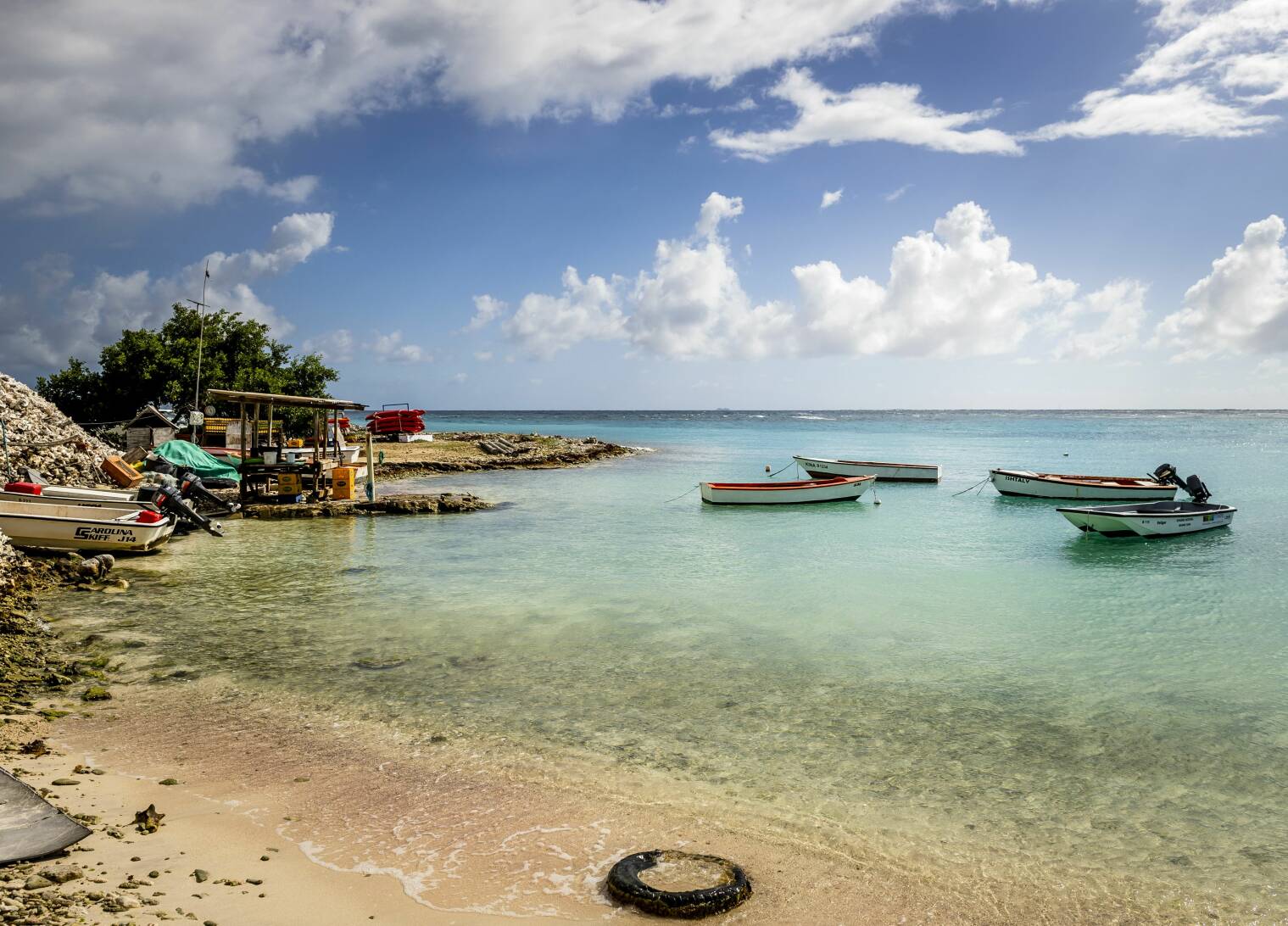
READING TIME: 2 MINUTES
“
‘Asina mes ta bon’
PHOTO: ANP / REMKO DE WAAL
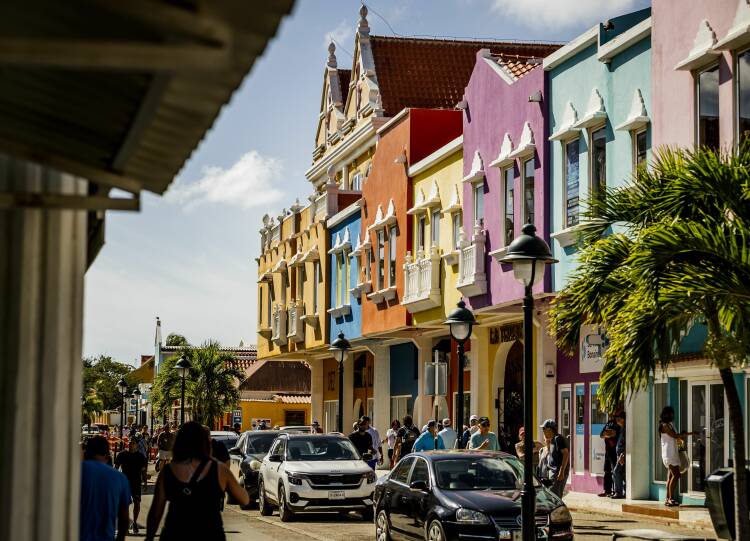
PHOTO: ANP / SIJMEN HENDRIKS
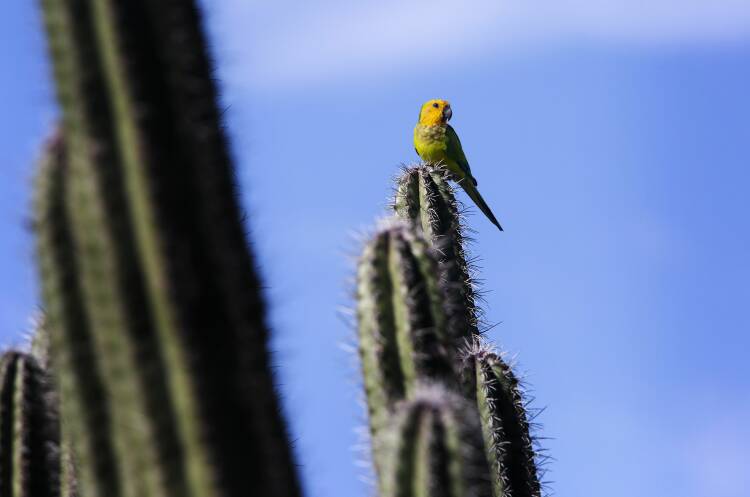
Maideline Hooi-Martijn (Curaçao, 1975) studied general business at the University of the Dutch Antilles in Willemstad, but had to go overseas for her Master’s degree programme in Business. She chose Groningen. ‘A culture shock! I had never been to the Netherlands before. I arrived in the summer and settled in Beijum with two fellow Antillean students. We tumbled from one surprise to the other, saw things we only knew from books. Real apple and plum trees. In the Antilles, we have entirely different fruit trees!’
Miscommunication
But they also encountered less positive experiences. ‘In the Netherlands, words and sentences sometimes seemed to have another context, which sometimes led to miscommunication. At times, someone would frown, act unfriendly, and I would feel estranged and excluded. The main takeaway from that time for me is that adopting a different perspective, walking in someone else’s shoes, can also solve the problem. That was very instructive. But I must honestly admit: I also partied a lot. There was an Antillean café, Latin parties, De Drie Gezusters.’
Less rushed
Several years ago, Hooi-Martijn moved from Curaçao to Bonaire. ‘My parents are from Bonaire and moved back; I followed them. But I was very much confronted with myself in the beginning. Curaçao is much more fast-paced, has a lot more drive. People are less rushed here. Around here, you constantly hear: “Asina mes ta bon”, which roughly translates to “Ah, everything is alright”. If you drive into the main street on Bonaire, the person in front of you might just serenely get out of the car to have a chat. Honking is then not appreciated. Now I can see the advantage: they enjoy life much more here. So do I: I enjoy my work, interactions with people, proximity to everything, the fact that I can contribute something to the community. Here, you can swim, hike in the nature, and it is safe. I live together with my husband close to the habitat of lora’s, Bonaire’s protected parrots. They wake up at 5.30 a.m. and start making lots of noise. And then again in the evening! I really enjoy that, I’ll never leave this place again.
Managers needed everywhere
Hooi-Martijn recently started a new job as Director-Manager at Sentro Akeso Boneiru, a large organization responsible for the social domain, healthcare, and wellbeing. ‘The good thing about having a degree in business administration is that you can work everywhere. Managers are needed everywhere. In healthcare, it is not about turning goals into money, but rather into benefits for people. This is another way of thinking, one that allows you to contribute more to others. That’s a great thing.’ She also trains entrepreneurs. ‘It’s great to see how people develop, how they walk in and walk out the door afterwards with a head full of plans.’
Our identity
Hooi-Martijn also volunteers for the cultural-historical centre Cultural Park Mangazina di Rei en Fundashon Akademia Papiamentu, a foundation that advances Papiamentu. In the Mangazina di Rei, the ‘king’s warehouse’, rations for slaves were stocked during the times of slavery. The white colonial building is located on a hill in a nature reserve and is a special place for Hooi-Martijn. ‘A great battle was fought for the recognition of our culture and language. They are part of our identity, and a lot of it can still be seen in the Mangazina di Rei. I would like to preserve that and pass it on.’
TEXT: SARA PLAT

BONAIRE
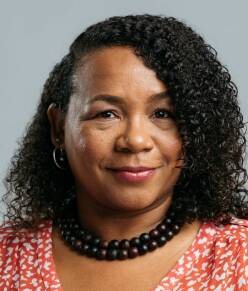
KRALENDIJK
